Extinction Alert Issued For The World’s Rarest Mammal
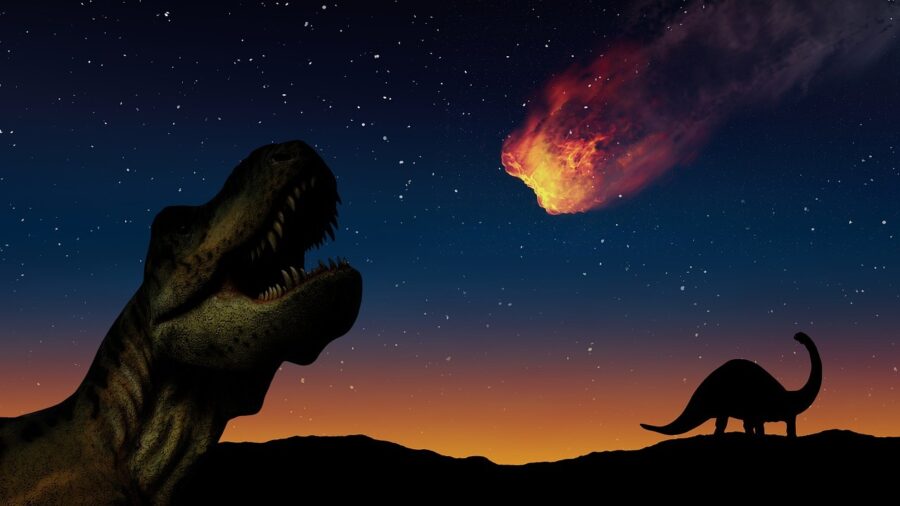
The world’s smallest marine mammal, the vaquita, is facing imminent extinction due to bycatch in gillnets, illegal fishing, and habitat degradation. This small porpoise, endemic to the northern Gulf of California in Mexico, has a distinctive appearance with dark gray to light gray coloring, a unique facial pattern, and a tall dorsal fin.
Leo’s Getting Involved

Fortunately, Re:wild, a conservation organization led by scientists and environmental advocate Leonardo DiCaprio, has joined forces with Colossal Biosciences, a pioneering de-extinction company known for its ambitious plans to resurrect species such as the mammoth, to save some of the planet’s rarest animals from the brink of extinction.
De-Extinction Efforts Jump Into Action
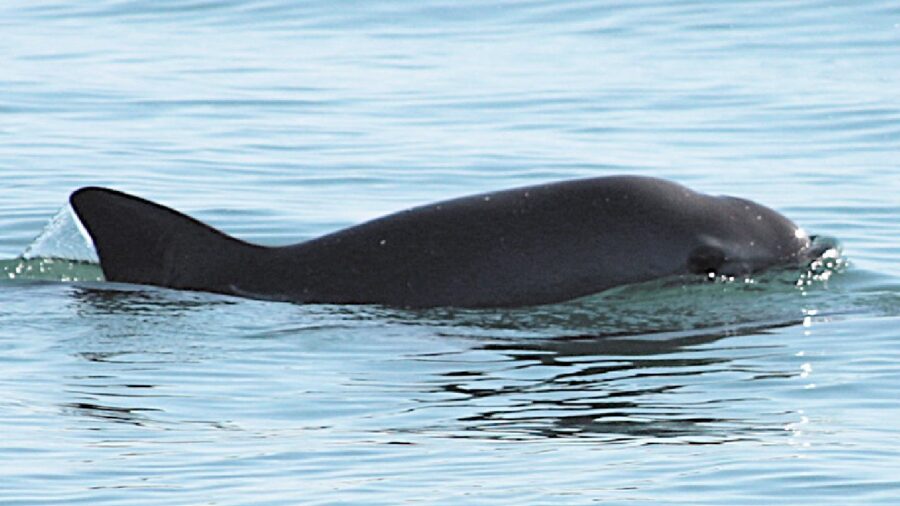
Dr. Barney Long, senior director of conservation strategies at Re:wild, recently emphasized the situation’s urgency. “When species numbers drop to very low levels, they are intrinsically vulnerable to extinction,” he explained. “While traditional conservation approaches are valuable, there are no guarantees of success when numbers become critically low.”
“By combining forces with Colossal Biosciences, we hope to enhance the chances of recovery for species like the vaquita.” The vaquita, native to the Gulf of California, has been pushed to the brink of extinction due to entanglement in fishing gear and habitat loss. Recognizing the gravity of the situation, the International Whaling Commission (IWC) issued an extinction alert.
Colossal Biosciences
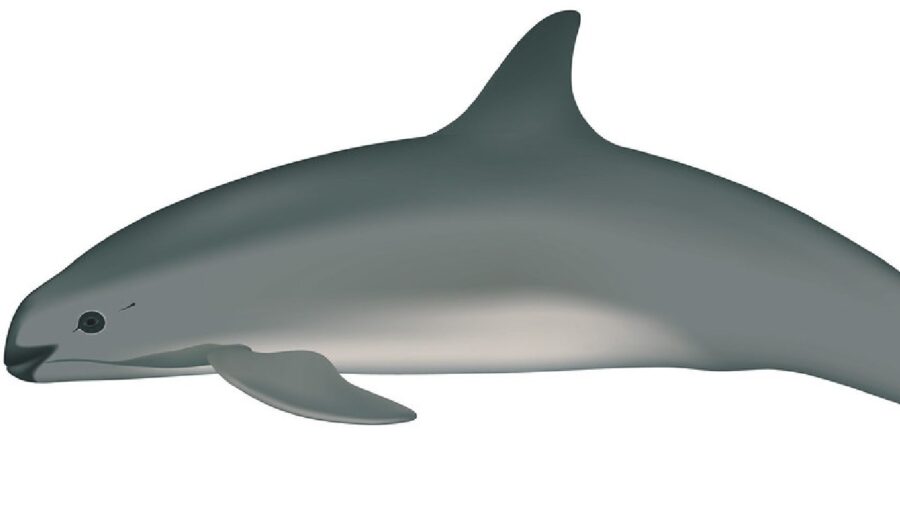
Matt James, Chief Animal Officer at Colossal Biosciences, outlined the potential of the collaboration. He highlighted the organization’s “de-extinction toolkit,” which features advanced technologies like genomic analysis and artificial intelligence. These tools can aid in reviving species facing extinction and contribute to the conservation of endangered animals like the vaquita.
Colossal Biosciences is leveraging its expertise in genomic analysis, assisted reproductive technologies, gene editing, and computational biology to develop innovative solutions for conservation challenges. They are currently working on restoring lost genetic diversity to the critically endangered northern white rhino and developing vaccines to combat diseases threatening elephants.
One Small Step

Dr. Long drew a parallel between their efforts and the technological advancements spurred by the Apollo Moon missions. “Just as the Apollo missions catalyzed the development of new technologies, we hope that Colossal’s innovations will revolutionize conservation efforts. Our goal is to prevent extinction and accelerate species recovery using these cutting-edge tools.”
Long explained that some species, like the vaquita, need more help. “In the face of unprecedented biodiversity loss, it is our moral obligation to take action,” he said. Long added that humans cannot do nothing while various animals are the brink of extinction. “Through collaborative efforts like ours, we can rewrite the narrative for endangered species and ensure a future where they can thrive in the wild.”
Completely Extinct Species Being Brought Back
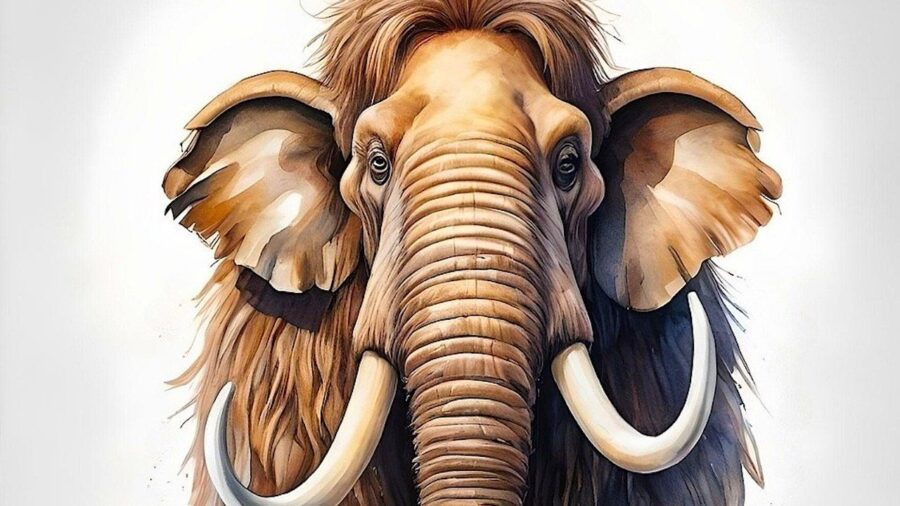
As the extinction crisis intensifies, partnerships like the one between Re:wild and Colossal Biosciences offer hope for the vaquita and countless other species teetering on the edge of oblivion. Colossal Biosciences is currently working to bring back several animals, including the woolly mammoth, the Tasmanian tiger, and the dodo.
Colossal’s CRISPR
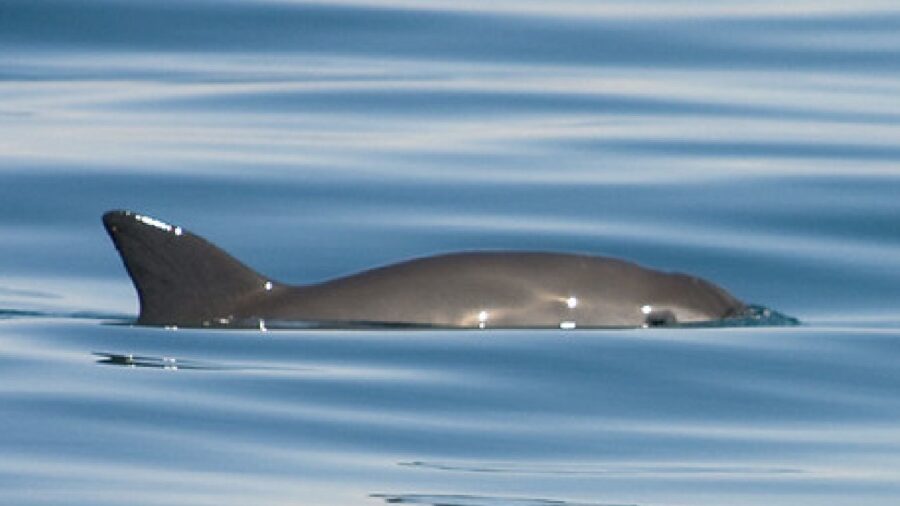
Their work to overcome extinction uses genetic engineering technology like CRISPR to revive extinct species and enhance their adaptability to modern climates and ecosystems. CRISPR, or Clustered Regularly Interspaced Short Palindromic Repeats, are repetitive DNA sequences observed in bacteria with “spacer” DNA sequences between the repeats that match viral sequences.
This system allows bacteria to transcribe these DNA elements to RNA upon viral infection, guiding a nuclease to cut the viral DNA and provide protection against viruses. CRISPR technology enables precise genome editing by using guide RNA to direct a Cas nuclease to any DNA sequence, allowing for targeted gene disruption or insertion of new sequences at specific genomic locations.
Colossal’s Other Efforts
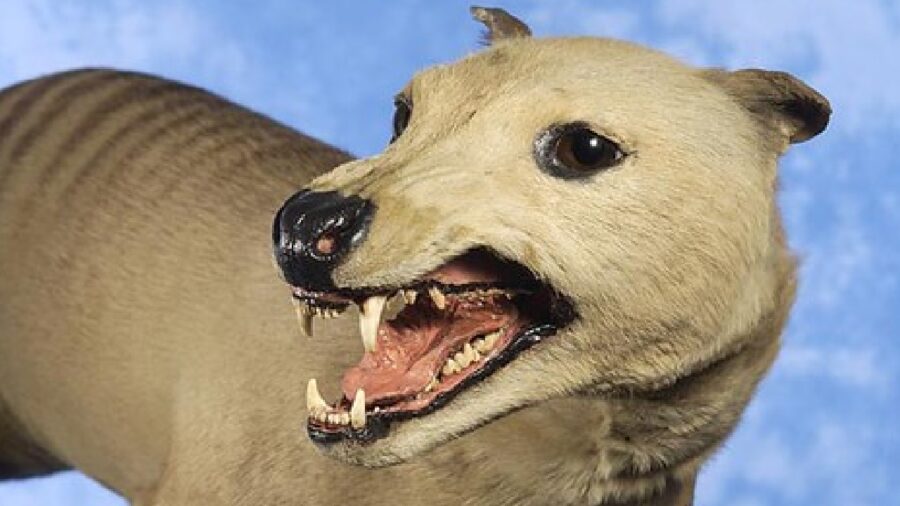
Colossal has also partnered with organizations like the Vertebrate Genomes Project to preserve endangered species, such as the northern white rhino and the Victorian Grassland Earless Dragon before they face extinction. Their innovative approach aims to resurrect extinct species and strengthen biodiversity and ecosystem resilience for the future.
Source: IFL Science












